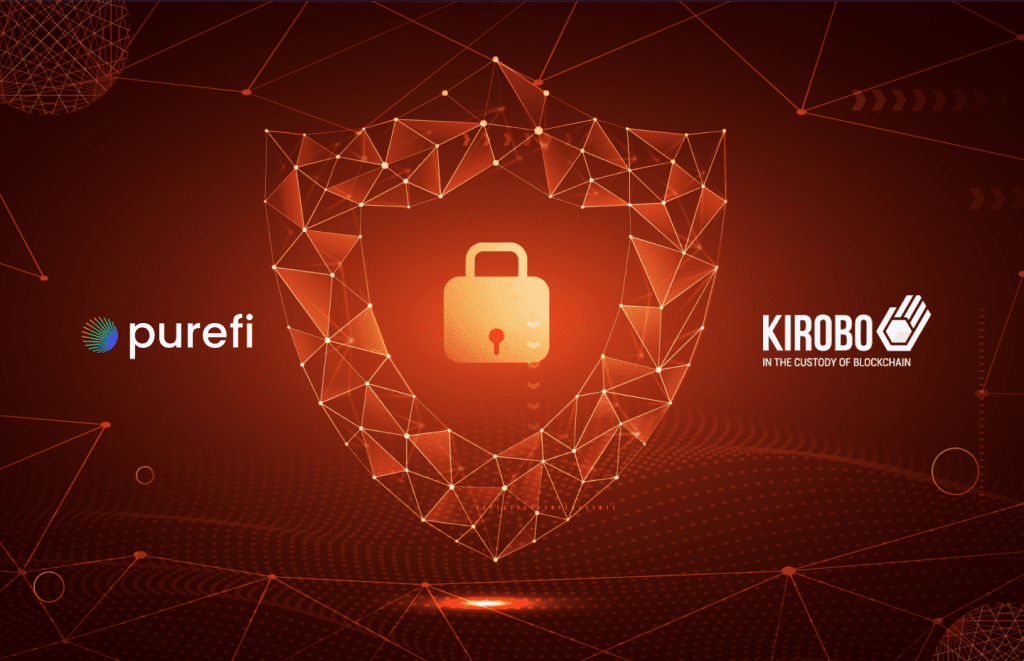Investigate The Source of The Sender’s Funds and Retrieve Crypto Transfers Sent in Error
The beauty of cryptography lies in endless opportunities, and that’s attractive to many. Seeing the recent shifts in capital flow, we can track the interest switching in favor of Decentralized Finance (DeFi). Although it is risky due to its high volatility, being such a young market like DeFi that’s also unregulated carries some other, more significant threats.
The true danger lies in the lack of boundaries among the endless opportunities, which eventually traps DeFi in becoming a large playground for Money Laundering (ML) and Terrorist Financing (TF). The absence of KYC and AML procedures adds another log on the fire. Even the statistics demonstrate that money laundering via DeFi is increasing – about $34 million of DeFi transactions in 2020 were conducted by criminal actors.
Luckily for crypto users, companies like Ciphertrace, Chanalysis, PureFi, Hacken etc. are working to decrease the gap between mass adoption and DeFi. Not a long ago, PureFi, a decentralized protocol that provides compliance tools while maintaining the anonymity of users, and Kirobo, a DeFi technology company offering users the ability to retrieve crypto transfers and the inventor of the Liquid Vault, entered into an interesting collaboration that combines the best of both companies and fights against the influx of illicit funds in the DeFi industry. How? Let’s see.
When doing a safe transfer, a user will be able to check the counterparty they want to transfer crypto to and decide whether to interact with a particular wallet or not. In addition, the same user will be able to see the AML score of an incoming transaction and decide whether to accept or reject it based on the score results. In case of a high-risk score of a sender, a receiver can easily “undo” the transaction protecting its wallet from the dirty funds. The same applies to Safe P2P Swaps – users will be able to see the AML score of each wallet that engages in a swap interaction.
Another exciting part of their collaboration is the integration of PureFi that will take place within Kirobo’s Liquid Vault. One of the planned features lets users check the wallet that they use to create a Vault and figure out if it has an adequate AML risk score on the early stage. Beyond that, Kirobo users will be able to check the AML score of a DeFi pool or smart contract before interacting with it, thanks to PureFi’s solution. Since the Vault is also being developed and updated constantly, other features such as PureFi’s AML checks and potentially KYC elements will be integrated in the future.
It will certainly be interesting to see the further development of such initiatives.


